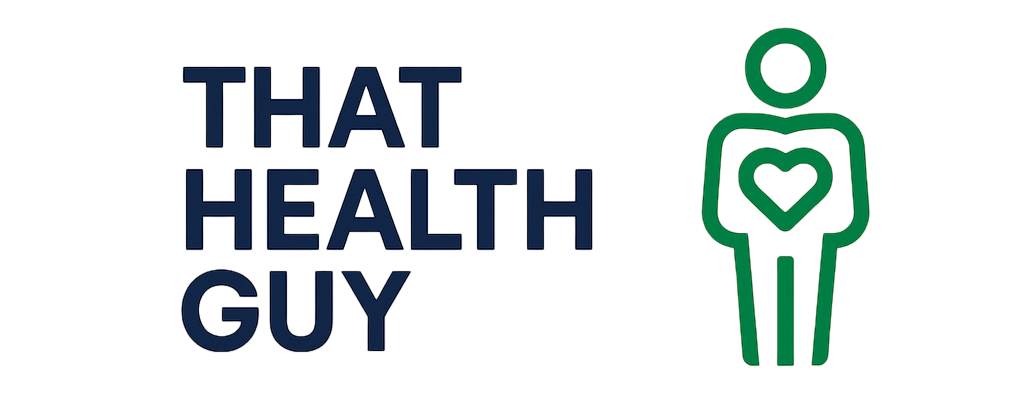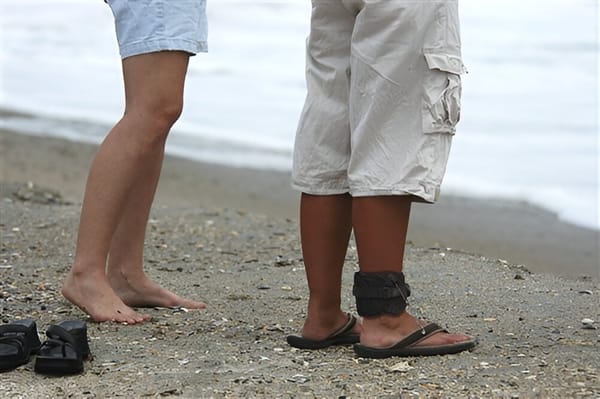Slow Heart Rate After a Brain Injury: What You Should Know

When someone has a brain injury, it can affect more than just their thinking or memory. One common effect is a slow heart rate, known medically as bradycardia. This article explains why it happens, what to look out for, and how doctors manage it to help patients recover safely.
What Is Bradycardia?
Bradycardia means your heart is beating slower than normal - typically fewer than 60 beats per minute. Some people naturally have a low heart rate, especially athletes, but after a brain injury, it can be a sign of a serious problem.
Why Can a Brain Injury Cause a Slow Heart Rate?
Your brain controls your heart, especially through the autonomic nervous system, which helps regulate things like breathing, blood pressure, and heartbeat. When the brain is injured, that system can become disrupted. Here's how:
- Pressure in the brain (called raised ICP): If swelling builds up after a brain injury, it can push on parts of the brain that control the heart. This can lead to high blood pressure, slow heart rate, and irregular breathing. This is known as the Cushing reflex.
- Damage to nerve signals: Some brain injuries affect the part of the nervous system that keeps your heart rate steady. This can cause it to drop unexpectedly.
- Spinal cord injuries: If the injury affects the spine, it can cause something called neurogenic shock, where blood pressure drops and the heart slows down dangerously.
- Tumours or fluid in the brain: These can press on nerves and disrupt heart rhythm as well.
How Do Doctors Spot It?
Doctors watch for warning signs such as:
- A very slow heart rate (under 60 beats per minute)
- High blood pressure with slow pulse and odd breathing
- Dizziness, fainting, or tiredness
- Unusual changes in behaviour or alertness
They may also use tests like an ECG (heart monitor), blood tests, brain scans (CT or MRI), and bedside monitors in hospital to track what's happening.
How Is It Treated?
The treatment depends on the cause and how severe the problem is. Common steps include:
- Oxygen and fluids: To support the brain and heart
- Medication: A drug called atropine can speed up the heart
- Temporary pacing: If medicine doesn’t work, doctors might use a machine to send signals to the heart to keep it beating
- Surgery: If there’s pressure on the brain from swelling, bleeding, or fluid, surgeons may relieve it to stop the bradycardia
What Can Happen if It’s Not Treated?
If bradycardia is ignored after a brain injury, it could mean:
- Less blood gets to the brain and body
- Increased risk of stroke or cardiac arrest
- Worsening brain damage due to low oxygen
That’s why doctors in emergency rooms and intensive care units watch closely for heart changes in people with brain injuries.
Long-Term Outlook
Most cases of bradycardia after a brain injury improve once the brain starts healing. But in some cases—especially when nerve damage is involved—a pacemaker might be needed for the long term. Physical rehab and regular heart monitoring are often part of recovery too.
What You Can Do as a Patient or Family Member
- Ask the care team if they’re monitoring the heart rate
- Report symptoms like dizziness, tiredness, or unusual breathing
- Make sure any medications are reviewed—some may lower the heart rate
- Be patient with the recovery process—healing the brain takes time
When to Get Help
Call 999 or go to A&E if someone has:
- Fainting or feeling like they may faint
- Shortness of breath
- Chest pain or confusion
- A heart rate below 50 beats per minute with symptoms
Final Thoughts
A slow heart rate after a brain injury can be worrying, but with good care, most people recover well. Understanding the signs, knowing what doctors do to treat it, and staying alert can make a big difference. If you or someone you know is recovering from a brain injury, keep an eye on the heart too—it’s all connected.





